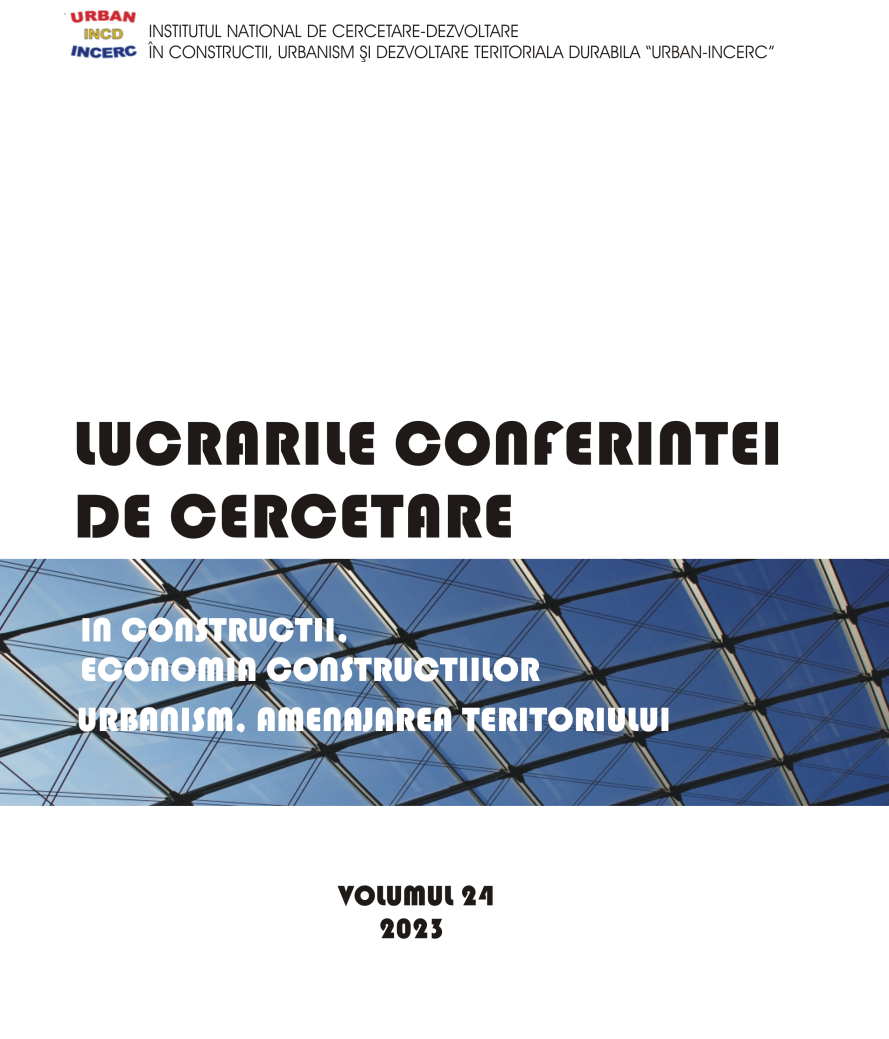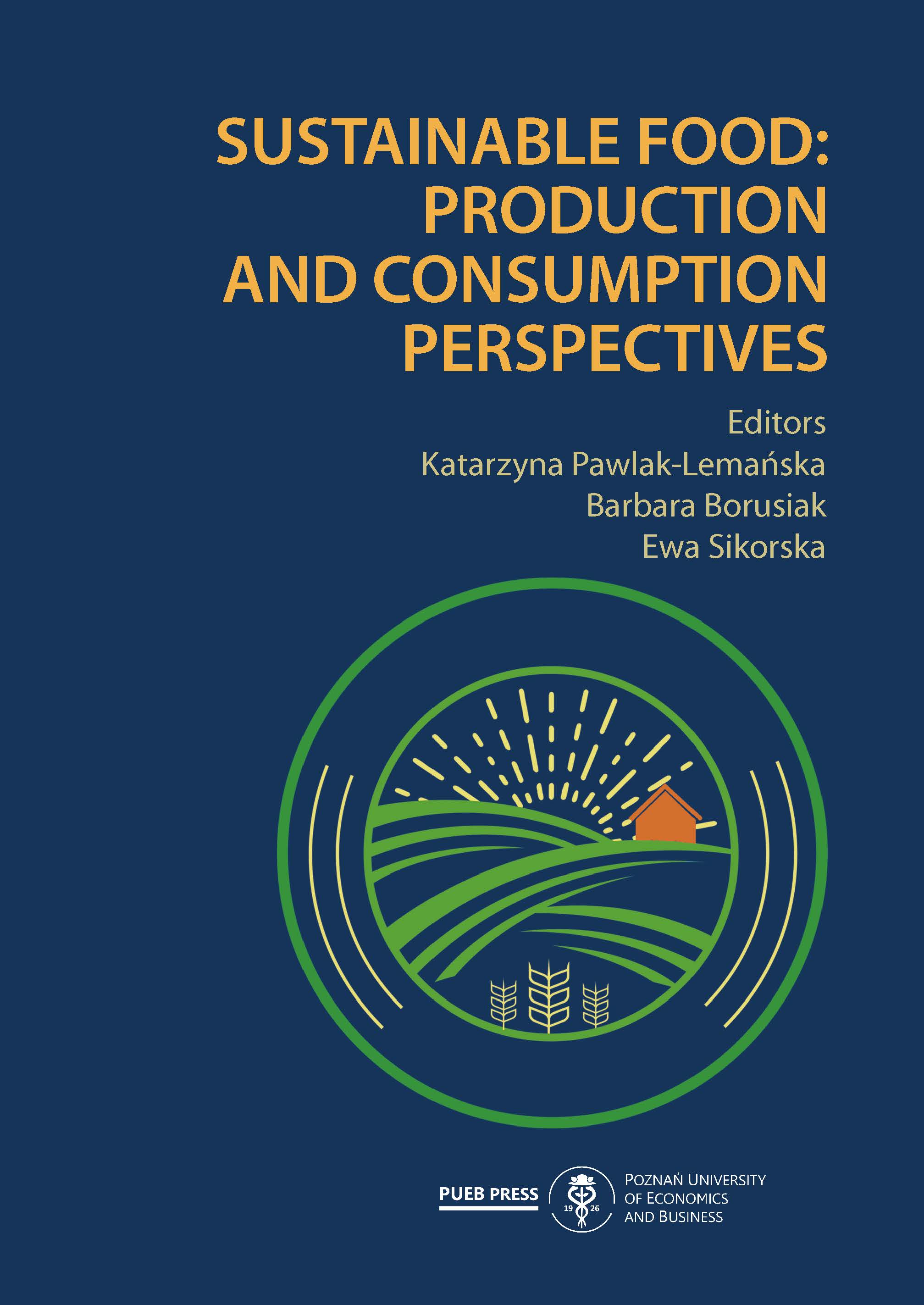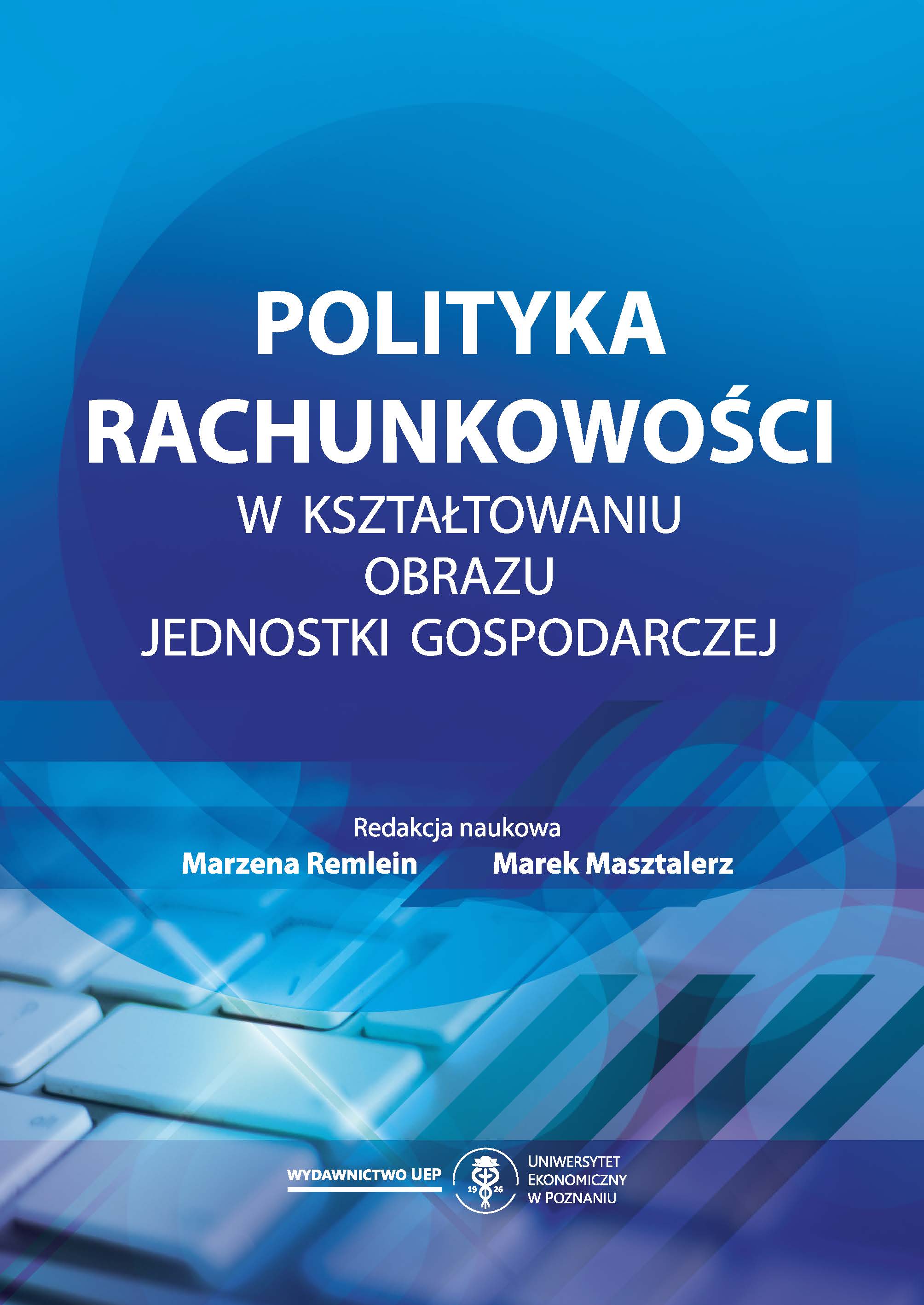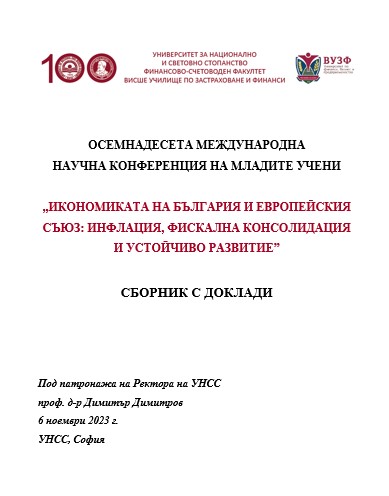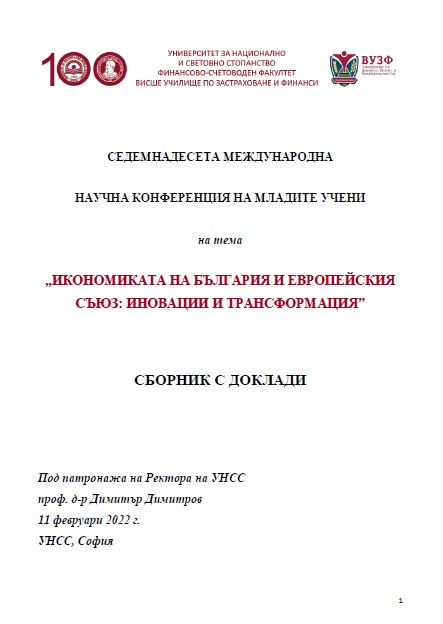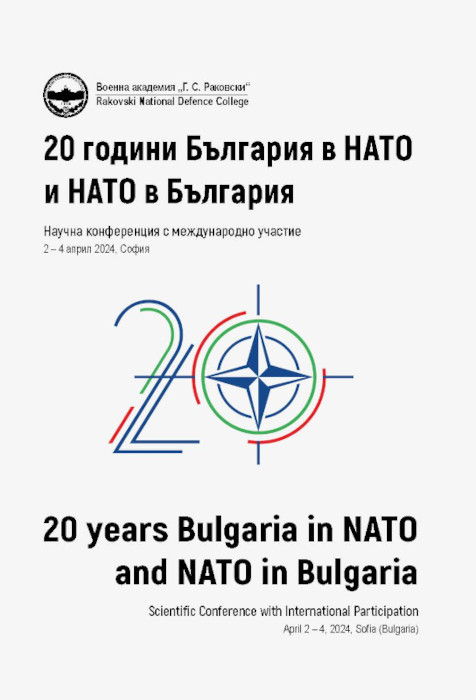
Thoughts in Cultural Awareness, Communication Skills and Vocabulary for International and China Focused Business Deals and Exchanges in the Contexts of a Complex Global System and the Belt and Road Initiative: Personal Statements by ECUPL Students
Global business and other activities of Chinese enterprises and stakeholders have been increasing in number, variety and significance – against the backdrop of the crucial importance and attractiveness of the Chinese market for MNCs and new actors from BRI countries, and overall ever more interconnected and complex global environment (further complicated by the pandemic and various other developments in the past years) and also influenced by landmark initiatives such as 17+1 (which constantly evolved) and the Belt and Road – of high importance to China but somewhat of a mystery to non-Chinese stakeholders. Communicating internationally in English in ways that achieve intended objectives is crucial but often affected by the widespread use of cliches and expressions that are not optimized to “speak” to the intended audience. Beyond examples from my practice, Chinese publications in English and foreign publications about Chinese business activity and the Belt and Road Initiative and identifying key differences between them, the negative outcomes they lead to, pointing out some communication and culture gaps and propose some solutions, I also look at straightforward primary examples – the Personal Statements prepared by over 200 ECUPL seniors. Global business and other activities of Chinese enterprises and stakeholders have been increasing in number, variety and significance – against the backdrop of the crucial importance and attractiveness of the Chinese market for MNCs and new actors from BRI countries, and overall ever more interconnected and complex global environment (further complicated by the pandemic and various other developments in the past years) and also influenced by landmark initiatives such as 17+1 (which constantly evolved) and the Belt and Road – of high importance to China but somewhat of a mystery to non-Chinese stakeholders. Communicating internationally in English in ways that achieve intended objectives is crucial but often affected by the widespread use of cliches and expressions that are not optimized to “speak” to the intended audience. Beyond examples from my practice, Chinese publications in English and foreign publications about Chinese business activity and the Belt and Road Initiative and identifying key differences between them, the negative outcomes they lead to, pointing out some communication and culture gaps and propose some solutions, I also look at straightforward primary examples – the Personal Statements prepared by over 200 ECUPL seniors.
More...
